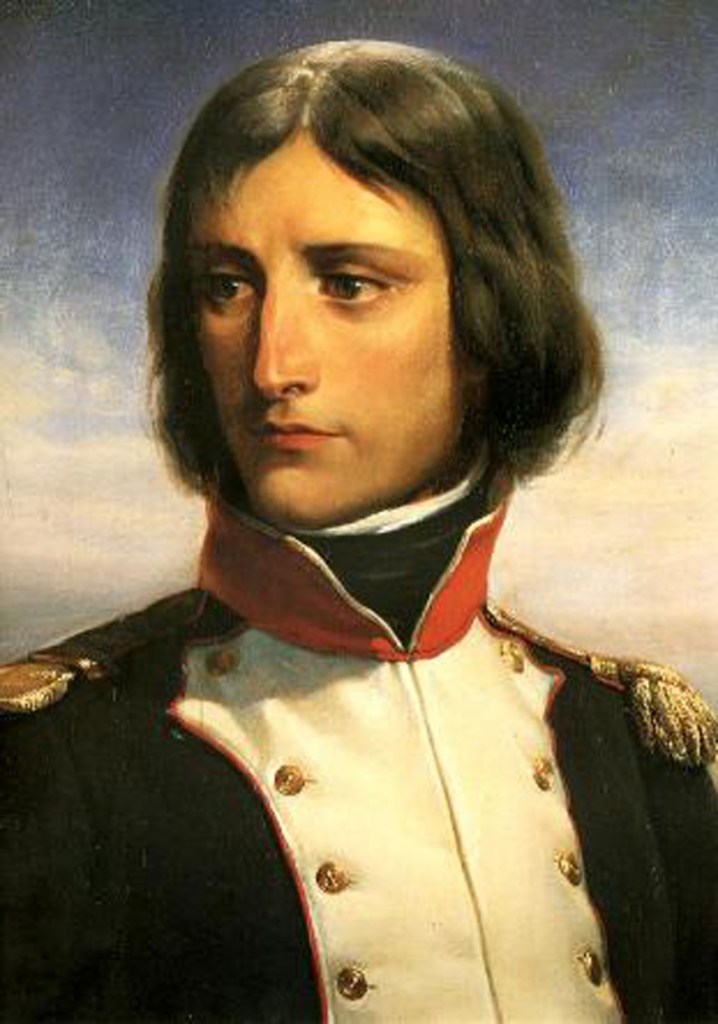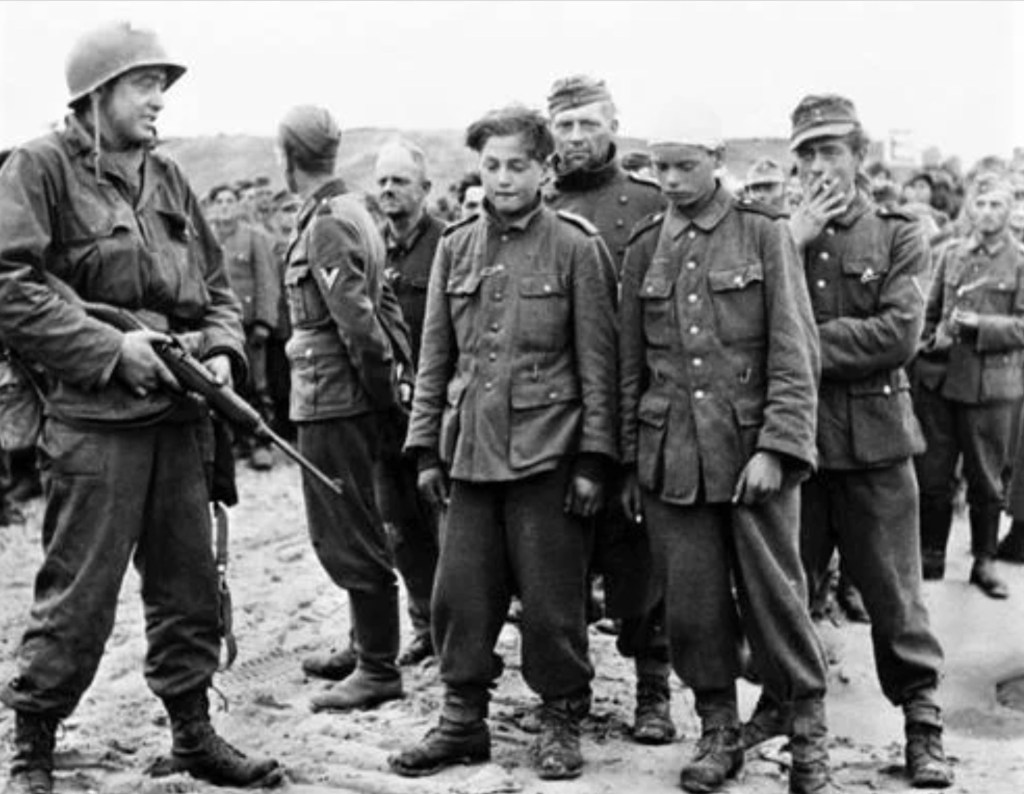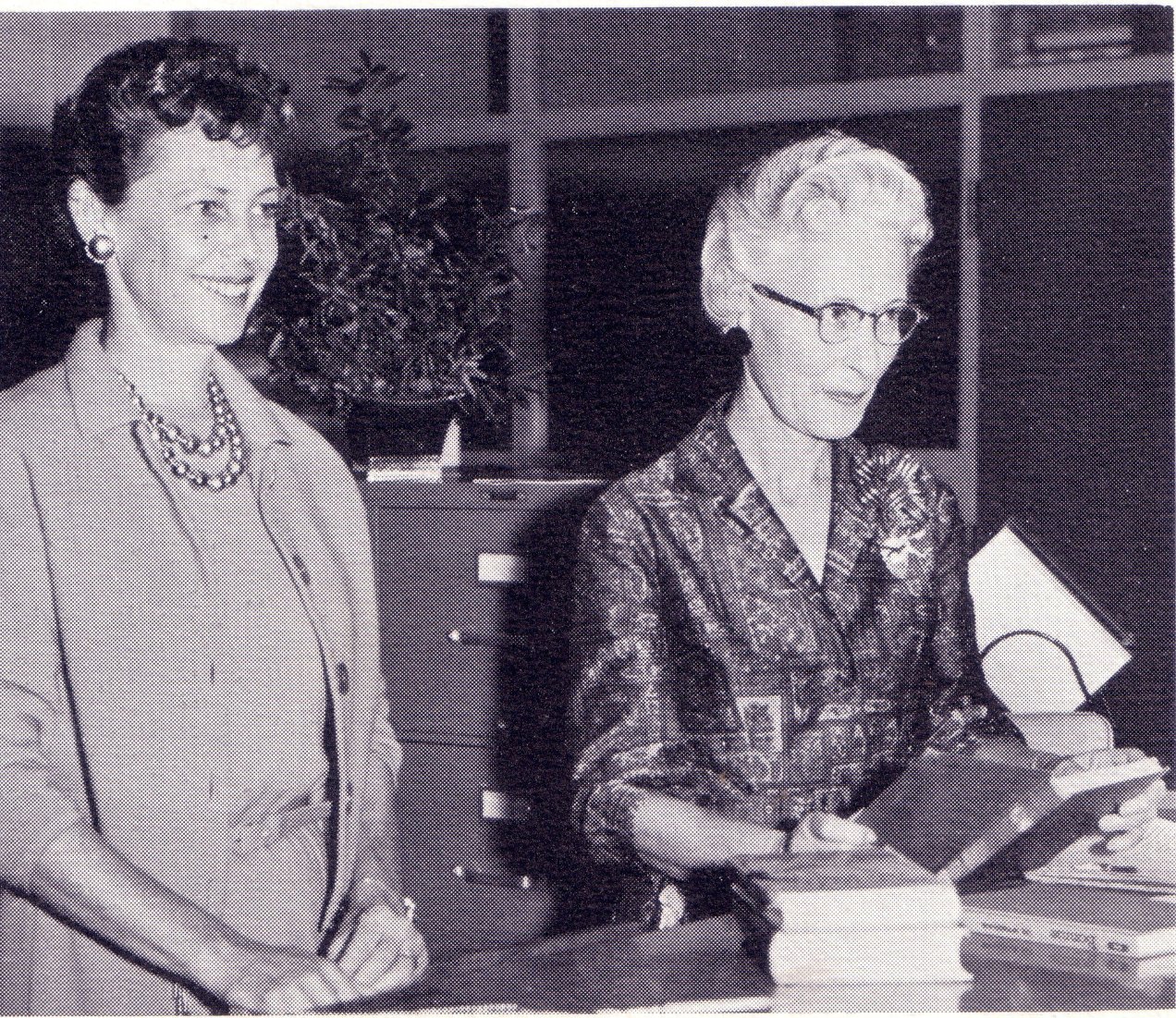WHEN AN OLD PERSON DIES, A LIBRARY BURNS TO THE GROUND.
Have you ever given a thought to what happens when your grandmother dies. It is said that you can take nothing into death. That’s wrong. She takes every experience, every thought and all she ever learned with her. What she did and how she did it goes too. Things so rich with knowledge about how her world worked erased as surely as Evelyn Fernamburg cleaned the blackboards at our school with her bucket of warm water and vinegar. Everything is gone.
History books we use in school are just a tease. Dribbles of information whose text is meant to spark interest in kids who have little to no real interest in something that “That happened a long time ago,” Mister Shannon, “Nobody cares about that stuff.” I myself went to school but I never learned what I wanted to know.
What is a life? Is it a story that no one remembers? When enough time passes does one cease to be even a memory, to anyone? To whom? Is it some or just one, somewhere. Are you the caretaker of that life?
Because I was a reader I understood that my history teachers were teasing me. It was as if we were in a card game. The Napoleon card has something on the back. If I wanted to know what it was I would have to explore. I could do this by reading anything I could get my hand on that told me something about him.
That was all well and good but what about the real experience. I couldn’t go knock on his door or call him on the phone, could I? I occurred to me that I would never know. Napoleon Buonaparte lived only in the imaginations of those that wrote about him, whether they be eminent scholars or trash novelists. What I knew of him would be fine filtered. A life made up. Not to say he didn’t exist, but where is the real man?

I have determined that the closest you can get is to ask the librarians. Living people who have cataloged their memories in those metaphysical drawers they use to store experience. Socrates, Plato, his student Aristotle, Immanuel Kant and and Calvin and Hobbes the twentieth centuries best known philosophers more or less agreed that it is “the inventory of all we possess through pure reason, ordered systematically”
Ask someone you know. It isn’t necessary to go far afield. Here in the central part of California there are people who walk around the supermarkets or go to high school baseball games who are every bit as fascinating as “The Corsican Tyrant.” Ask them.
At the end of the street I live on is a house where an old friend of my mother used to live. She was a kind woman. She cut her gray hair short in the fashionable Bob that women of a certain age used to wear. She said that she wore it that way because when she was a girl in the twenties her favorite actress, the fabulous Louise Brooks wore it so. She said she never saw any reason to change it either. She wore clothes that could best be described as sober. You might think she had always been that way but inside her head she had a different story to tell. Born in 1915, she had something quite unusual for a woman of her age, a tattoo. Nearly invisible on the inner part of her forearm was a crudely lettered numbered. That number.

Born and raised in Berlin, she lived the Jewish experience of Nazism and the rise and fall of the Third Reich. She could and did talk about the rise of Adolph Hitler. She told of Kristallnacht and what it meant to her shopkeeper father who it ruined. She showed me a piece of official German documentation that revoked her citizenship in April of 1939.
She spoke of the roundups when her family was first taken to Theresienstadt and her transfer to Auschwitz in 1943. Auschwitz was the last stop for the hundreds of thousands of Jewish women sent to the gas chambers. When they came down the ramps from the cars the were lined up and the selection process began. Only the young and strong stood a chance of being registered in the work camp. Many of them, unwilling to be separated from their children, unknowingly condemned themselves to death. No one, she said had any illusions about what was happening by then. At 38 she knew she would likely be liquidated. When the SS Doctor asked her age she said 28, it saved her life. Those on the left went straight to Birkenau, the camp specifically designed for killing.

She had her registration number tattooed on the inner side of her left upper forearm. Tattooing was generally performed during registration when each prisoner was assigned a camp serial number. Since prisoners sent directly to the gas chambers were never issued numbers, they were never tattooed. They simply disappeared into fog only to be remembered by those who survived.
She was liberated in January of 1945 by the Russian Army. They were so emaciated, covered in rags and vermin that the Russian soldiers could not be bothered to rape them. She said the female survivors had to face the the loss of their children, husbands and other relatives. Everything they ever knew was gone. The Jewish women had nobody to return to. The imprisonment had a terrible impact on future life. Some of them never recovered.
She was lucky though. She met an American soldier assigned to her displaced persons camp. They fell in love, married and came to America.
I was lucky too, she lived on my street.
There is something else. I also knew a Nazi, though he would never admit it. He was a soldier of the German Wermacht, their regular army. He would tell you he was really an Austrian and didn’t want to be in the army but for some reason he stuck it out for four years. He fought in Russia in the southern front trying to take the Ukraine. He told of the terrible suffering in the Russian winter when the troops starved and froze to death in their holes. He was transferred to the west in the spring of 1944 in order to be ready for the suspected Allied invasion of Europe. He belonged to the 726th Infantry Regiment of the 716 Static Infantry Division which was made up of older men from occupied countries, mostly from Ukraine. He said they were decimated in the fighting around Caen and the Villiers-Bocage, and were withdrawn to southern France to rest and refit. By this time they knew the war was over. He and another Austrian deserted and walked into the American lines to surrender. He told me they were terrified because they thought the G I’s might kill them as had been done to German soldiers who tried to surrender in western France. The fighting there against the British and Canadians was particularly vicious.

They stood in plain view in the middle of the road with their hands raised, weapons in the dirt, until an American jeep came along. He was lucky, they didn’t shoot. He ended up at the Camp Cooke POW stockade. (Vandenberg AFB) Under the terms of the Geneva Convention, the prisoners received comfortable quarters and excellent care. They filled critical wartime labor shortages inside the main Army post at Cooke and in the outlying civilian communities of Lompoc and Santa Maria, performing agricultural work for which they were paid. On weekends and evenings, they enjoyed many recreational entertainment and educational opportunities available to them in the camp. For many POWs, the American experience helped reshape their worldview and gave them a profound appreciation of American democracy.
In his case that is exactly the story. After the war he was sent back to Europe where he married, had children and eventually immigrated to the US. He said we had opportunity here because there was little class structure. For white people at least, he said.
Sitting round his kitchen table he talked about what it was like for him. He hated the Germans and what they had done to his country but at the same time he was a bit of a hard case himself. He liked this country but thought Americans were too soft. He believed in discipline for his children. He said American schools were not rigid enough. He didn’t much care for people of color either. As the evening wore on and the Schnapps descended ever lower in the bottle he talked of things that would make your hair stand on end. Most of it is not for sharing for the same reason combat veterans don’t talk about their experiences. The one thing he said that struck me the most, was that all Austrians and Germans knew about the lampshades. If they said they didn’t, that was a lie. That kind of thing is something not found in any history text.
The power of an imagination arises from what it refuses to see, when it has no opportunity to see. The truth of things lie in the words of those who have experienced them. Few of those are interviewed for history texts. Generals, politicians, businessmen, they are the winners and they write history. Few are the books written by the afflicted. Those that are can be harrowing. GI’s who fought under George Patton were apt to say of “Old Blood and Guts,” yeah, his guts our blood.
Think of what’s stored in an 80 or a 90 year-old mind. Just marvel at it. You’ve got to get out this information, this knowledge, because you’ve got something to pass on. There’ll be nobody like you ever again. Make the most of every molecule you’ve got as long as you’ve got a second to go.
All you need in life is truth and beauty and you can find both at the Public Library. You can thank Louis “Studs” Terkel for that bit of advice. Studs was an American writer, historian, actor, and broadcaster. He received the Pulitzer Prize for General Non-Fiction in 1985 for “The Good War” and is best remembered for his oral histories of common Americans. He collected stories and wrote “Hard Times”, which was a firsthand account of people of varying socio-economic status who lived in the United States during the Great Depression. He also wrote the book “Working:” where people Talk About What They Do All Day and How They Feel About What They Do.
Every time you pass someone on the street, you pass a library. Take time to sit down with the elder folks in your family. Ask them, pry the stories out. Pry, that you will certainly have to do because most are reluctant to speak of things that are part of their lives that they believe could not possibly be of importance to you.
Once I was in a local donut shop and sitting at the little round table in the back near the coffee machine was an older gentleman. I say gentleman because I could see by his demeanor and the way he wore his clothes, long sleeve shirt carefutly pressed, hair cut and combed just so and a blue ball cap perfectly squared away that he had been a military man. He wore that navy blue cap with the gold lettering in a way that told you he was a proud man. Lettered in gold on the front was “USS Hazelwood DD-531. When I looked at him he smiled and gave a slight nod that I knew was an invitation to sit down and have a chat. I did just that. Turns out, his little destroyer was smashed to pieces off Okinawa by a Kamikaze on the day I was born. How about that. A chance encounter and the right question.

But as I’m wont to say, that is another story for another day.
Just yesterday my wife and I were returning from Palm Springs and we passed the Forest Lawn Cemetery in Griffith Park east of downtown Los Angeles. Her grandparents are buried there. She said, “I don’t know where they are, no one in my family has ever been to visit them.” They both lived through nearly the entire twentieth century. Nancy’s grandmother was born in London, England and served in WWI as a nurse in France. Nobody ever asked her what her life was like. Isn’t that sad? Just think of what was lost.
Cover Photo: Mrs Margaret Sheldon and Mrs Florence McNeil. Arroyo Grande High School Librarians 1962.


Good job Mike! Good reminder of the history we all carry.
LikeLike
You speak the truth. I am so sorry that my Grandparents, my Mom did not tell me more stories. I’m busy now trying to recapture some of the history now.
LikeLike